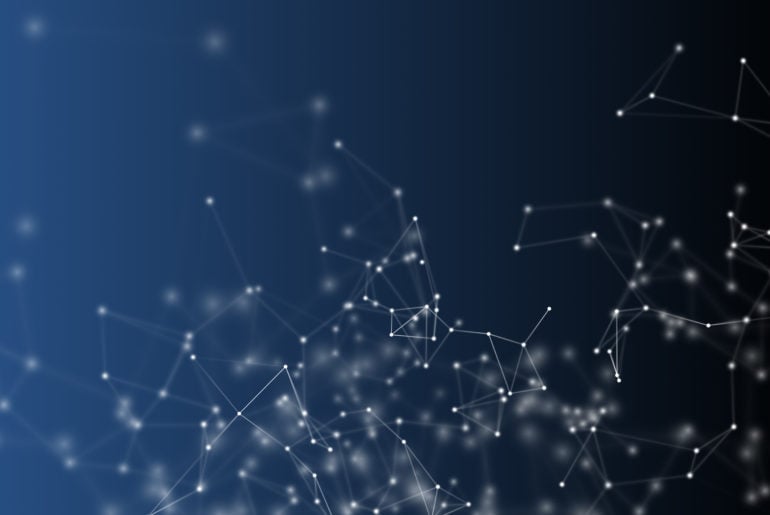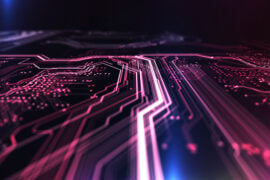Robots are now writing our daily news instead of journalists. No wonder, artifical intelligence (AI) is considered one of the most transformative technologies of our times. Much has been written about how AI will affect copyright and patent laws and change established concepts such as “author” and “inventor”. Decisions on those topics are now emerging, and without surprise, mostly from China where tech and AI are already used on a daily basis in shopping, the medical field and even in courtrooms, in particular, in the recently established Internet Courts. But these decisions are not limited to China. The European Patent Office (EPO) recently rendered a decision rejecting a patent application citing AI as the inventor.
However, it is to China, with its clear national strategy to greatly invest and pioneer in tech, where the attention is focussed. What is the position of Chinese courts when it comes to “authorship” over an AI-generated work?
The Chinese Dreamwriter decision
Since 2015, tech giant Tencent has published content written by its intelligent writing assistant “Dreamwriter”, which focuses on business and financial stories. In 2018, an AI-generated financial article was replicated on the website of an online platform. Even though the report included a disclaimer indicating that it was “automatically written by Tencent Robot Dreamwriter”, Tencent sued the company for copyright infringement.
The Shenzhen Nanshan District People’s Court came to the conclusion that the defendant, Shanghai Yingxun Technology Company, had infringed Tencent’s copyright and was ordered to pay 1,500 yuan (USD 216) for economic loss and right protection.
First, the Court found that the content of the article showed the selection, analysis and judgment of relevant stock market data and information, and that the article’s form of expression fulfilled the legal requirements to be classified as a literary work. Further, it stated that the article’s structure was reasonable, the expression was logic and clear and that it had a “certain originality”. When examining the process of creation of the article by the creator, the Court determined that the operation of the algorithm merely gave technical effect to the creative work and that the individual choice and arrangement of the creating group behind the software was what determined the expression of the article – thus, qualifiying for copyright protection.
Finally, as regards authorship of the literary work, the Court ruled that the article resulted from the use of the software by the creating group and that the article was a work of legal entites (Article 11 Copyright Law), among others since the creating group was organised and supervised by the plaintiff and the latter would bear the liabilities from the creation and publication on its website indicating “Tencent”.
While a Beijing court had looked for some human intervention to the creative process in an AI-generated work previously (Feilin v. Baidu case), it is the first time the human element of an AI created work was considered sufficient and copyright protection was granted. Might this decision change the perception of authorship beyond China?
How does it compare to European jurisdictions?
Whether AI-generated works are copyrightable is a major question in most legal systems. Copyright law in European countries generally does not include provisions regarding “creating” by AI. The guiding principle is that only humans can be deemed as authors of copyrightable works as the copyright system has always been intimately associated with the human creative spirit. Also, there are almost no legal provisions that would answer the question: who, if anyone, should have the legal rights to something that was created by a machine?
However, one jurisdiction attempted to address questions related to computer-generated creations early on. In fact, the provisions of the UK’s Copyright, Design and Patents Act 1988 (CDPA) introduce two important notions. The first one is “computer-generated” work which is defined in section 178 of the CDPA meaning work “generated by computer in circumstances such that there is no human author of the work”. According to Section 9(3), “in case of a literary, dramatic, musical or artistic work which is computer-generated” the author is “the person by whom the arrangements necessary for the creation of the work are undertaken”. Note that this provision does not concern e.g. sound recordings, films or broadcasts which makes the copyright in computer-generated works limited. In addition, the right to be identified as an author under CDPA does not apply to computer-generated works.
In case of AI, a question remains: who undertakes the arrangements necessary for the creation of the work? No clear legal provisions exist to answer this question, whether in the UK nor in other European jurisdictions and the outcome of the Dreamwriter case could have been different in Europe.
Further, who should benefit from copyright for AI-generated works? There are different propositions how to answer this. Popular ideas include, among others, to grant copyright protection to either the programmer or the user. In the case of the programmer, understood as the creator of AI, the capital expenditure would be protected. In the case of the user, the right would benefit the user of the AI – as a tool – in order to create works, for example by choosing data to input to the AI powered device.
In Europe, in addition to the unclear “human intervention” threshhold, the admissibility of copyright protection for AI-generated works is also hindered by the lack of harmonization of copyright law on a EU-level. In fact, there are only non-legislative initiatives associated with AI pursued by the European Commission. Thus, while it is likely that there will be some kind of protection of such works, we are yet to see whether this will be copyright protection or other (perhaps entirely new) laws. Equally interesting is to see if and how the Chinese ruling will influence European legal developments in this area.
What does this case mean and what to look out for?
- Chinese ruling granting copyright to AI-generated work is a first and we do not yet know what impact it shall have on European jurisdictions. Therefore, for now, the ability to copyright AI-generated works in Europe is still questionable.
- Nevertheless, remember that using machine-generated works may still infringe third parties’ rights. “Machine-generated” does not equal “without any legal protection”.
- Keep an eye on the possible future cases involving copyright protection for AI-generated works as it may impact how you protect your business in the future (new opportunities for protection of intellectual property may arise).
Continue to use copyright notices on AI generated/machine generated works.



